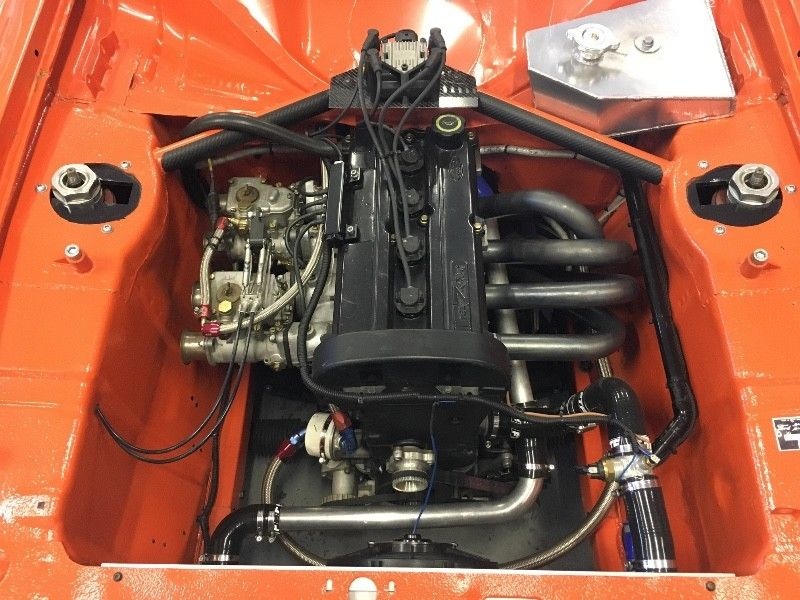Enhance Your Driving Experience with Toyota Tazz Engine for Sale
Enhance Your Driving Experience with Toyota Tazz Engine for Sale
Blog Article
Engine Purchasing Expert Tips on Selecting the Right Engine for Your Details Demands
Picking the right engine for your specific needs includes an intricate interaction of elements that go beyond simple horse power numbers. By diving right into the intricacies of power versus efficiency, evaluating fuel rankings, and budgeting for long-term costs, one can really enhance their engine selection.
Power Vs. Performance: Locating the Balance

When choosing an engine, it is essential to strike an equilibrium in between power and performance to fulfill your certain demands efficiently. Power refers to the engine's capacity to generate energy for propulsion, identifying elements like acceleration, lugging capability, and total efficiency (Toyota Tazz Engine For Sale). On the other hand, performance associates to exactly how well the engine uses gas to generate power, influencing aspects such as gas economic situation and environmental kindness
Attaining the right balance in between power and efficiency is crucial since an engine that is too powerful may eat too much gas, bring about higher operating expense and unneeded stress on the environment. Alternatively, an engine that prioritizes performance over power may result in sluggish efficiency, especially in demanding circumstances like towing heavy lots or driving uphill.
To make an educated decision, consider variables such as your normal driving conditions, the desired use of the automobile, and your individual choices. By reviewing your needs and top priorities, you can choose an engine that strikes the best balance between power and effectiveness, making certain optimum performance while minimizing ecological influence and operating expense.
Recognizing Engine Size and Kind

Common engine kinds include inline engines, V engines, and rotary engines, each with its unique benefits and drawbacks. Understanding the interplay between engine dimension and kind is crucial in picking an engine that straightens with your details needs and concerns, whether it be power, performance, or an equilibrium of both.
Consider Your Car's Needs
If you are looking for an engine for a durable vehicle that will be used for towing, you will require an effective engine with high torque capabilities. On the various other hand, if you are selecting an engine for a small cars and truck primarily made use of for city travelling, gas effectiveness might be an extra essential variable to consider.

Assessing Fuel Effectiveness Ratings
Evaluating gas effectiveness rankings is a crucial facet of selecting the appropriate engine for your vehicle, making sure price savings and ecological sustainability. Gas performance ratings, usually gauged in miles per gallon (MPG) for gasoline engines or kilowatt-hours per 100 miles (kWh/100 miles) for electrical engines, suggest how far an automobile can take a trip on a certain amount of fuel or power. Higher MPG or lower kWh/100 miles worths signify more efficient engines, converting to reduced fuel prices and reduced carbon discharges.
Additionally, compare various engine options within the very same automobile course to identify the most cost-effective choice. Variables such as engine dimension, weight, the rules of aerodynamics, and hybrid or electric capabilities can all influence gas effectiveness.
Budgeting for Long-Term Expenses
Purposefully preparing for lasting expenditures is important when selecting an engine, guaranteeing monetary sustainability over the lorry's life expectancy. While the read what he said initial purchase rate of an engine is a considerable aspect, it is essential to think about the lasting prices linked with maintenance, repair work, and fuel intake. Opting for a much more fuel-efficient engine might have a greater ahead of time price yet can cause considerable savings in time. Regular maintenance, such as oil modifications, filter replacements, and tune-ups, is vital to maintain the engine running smoothly and effectively, minimizing the risk of pricey fixings down the line.
Additionally, looking into the schedule and cost of substitute components for the selected engine is important in spending plan planning. Engines with inexpensive and readily available parts can significantly impact lasting upkeep expenditures. In addition, taking into consideration the engine's resilience and anticipated life-span can help stay clear of unexpected substitute prices in the future. By meticulously budgeting for these long-term expenses and factoring them right into the decision-making process, individuals can select an engine that not only satisfies their prompt requirements but additionally continues to be cost-effective throughout its life expectancy.
Final Thought
Finally, choosing the right engine for your particular demands needs balancing power and efficiency, comprehending engine size and kind, considering your automobile's demands, reviewing gas performance rankings, and budgeting for lasting expenses. By meticulously taking into consideration these variables, you can make sure that you pick an engine that meets your demands and supplies optimal efficiency for your vehicle.
To better improve the option process of an engine that strikes the Get More Info optimum equilibrium in between power and effectiveness, it is important to dive right into the ins and outs of recognizing engine dimension and type. Engine dimension refers to the complete volume of air and fuel that can be pressed via the engine cyndrical tubes. Typical engine types include inline engines, V engines, and rotary engines, each with its one-of-a-kind benefits and drawbacks. Comprehending the interaction in between engine dimension and type is important in choosing an engine that lines up with your details needs and concerns, whether it be power, efficiency, or a balance of both.
Gas effectiveness scores, generally gauged in miles per gallon (MPG) for gas engines or kilowatt-hours per 100 miles (kWh/100 miles) for electric engines, indicate exactly how far an automobile can travel on a particular amount of fuel or electrical power.
Report this page